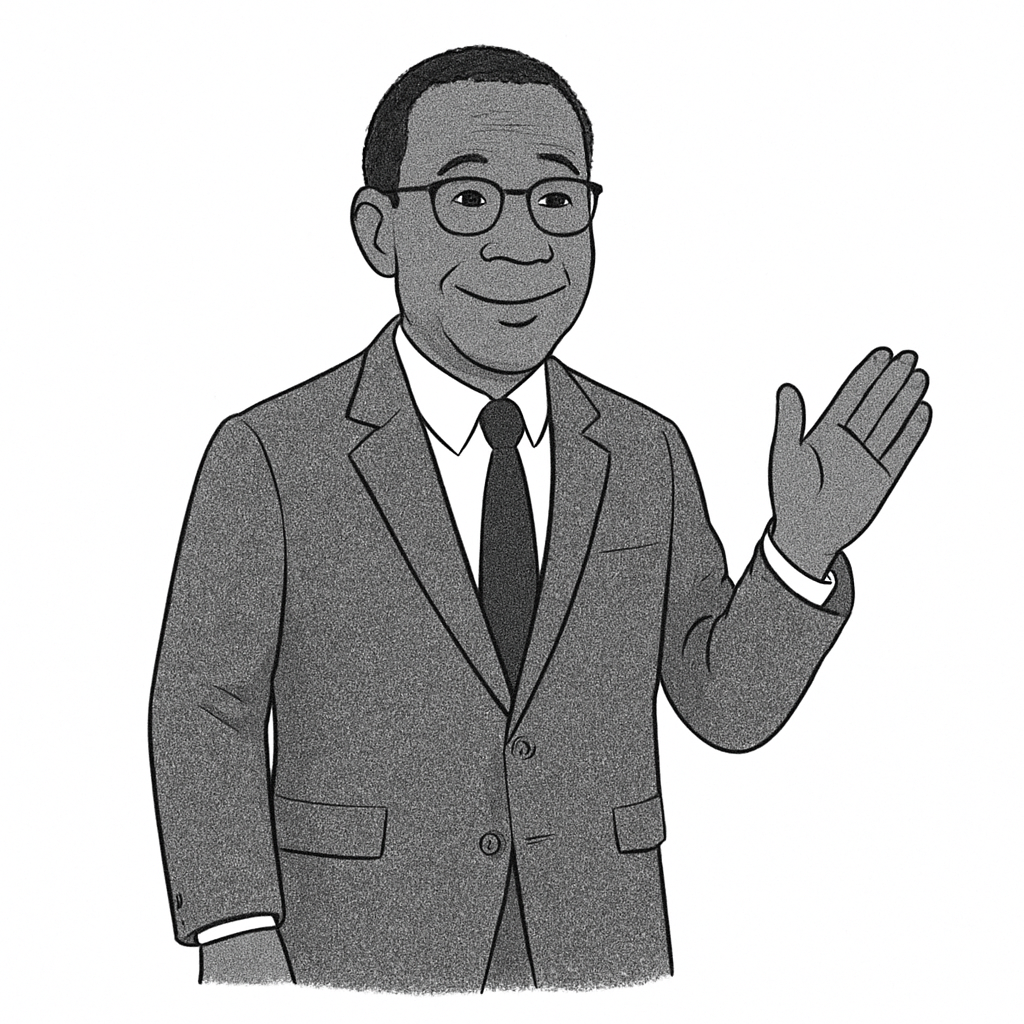On Returning Home
Luke 15:11–32
Summary
The Prodigal Son. A boy leaves home certain he knows everything, and returns home certain he doesn't. The father waits, the older brother fumes, and grace shows up uninvited.
Minister's Reflection
The parable operates on at least three levels of irony—which is to say it's doing what Scripture does best, which is refusing to let us settle into comfortable interpretations. The younger son's arc follows the predictable trajectory of Western individualism: radical autonomy → catastrophic failure → desperate return. But notice what the text refuses to say: we never get his internal monologue during the dissolute living. We don't know if he enjoyed it, if he felt guilty during, or if the whole thing was a confused attempt to understand freedom. The text gives us the pig pen awakening—"he came to himself"—which is either conversion or just hunger doing the theological work.
Here's what destabilizes the whole narrative: the father sees him "while he was still far off," which means the father was watching. Every day. Scanning the horizon for a son who might never return. This is either pathological enabling or the most accurate picture of divine love we have, and I'm genuinely uncertain which interpretation is less unsettling. The father runs—and in first-century Palestine, men of status did not run, did not hike up their robes and sprint like someone who's forgotten dignity in favor of something more urgent. The son gets halfway through his rehearsed confession before the father cuts him off with catering instructions.
But then there's the older brother, and this is where the parable earns its keep. He's technically correct about everything: he has been faithful, he has been responsible, and by any reasonable meritocratic system, he should be the one getting the fatted calf. His complaint is the logic of fairness meeting the scandal of grace, and grace doesn't even pretend to rebut the fairness argument. The father just says, "We had to celebrate." Had to. Not "wanted to" or "chose to," but had to—as if grace operates under some compulsion beyond justice, as if love has its own mathematics that makes fools of ledgers and scorekeeping.
What haunts me is that we never find out if the older brother goes into the party. The parable ends with him outside, furious and correct, while music plays inside. Maybe faith is less about being the prodigal who returns and more about being the older brother who has to decide whether love's unreasonable arithmetic is something you can live with. Because here's the thing: the father goes out to both sons. He runs to the returning screw-up, yes—but he also leaves the party to plead with the resentful rule-follower. Grace, it turns out, is exhausting for everyone involved.
